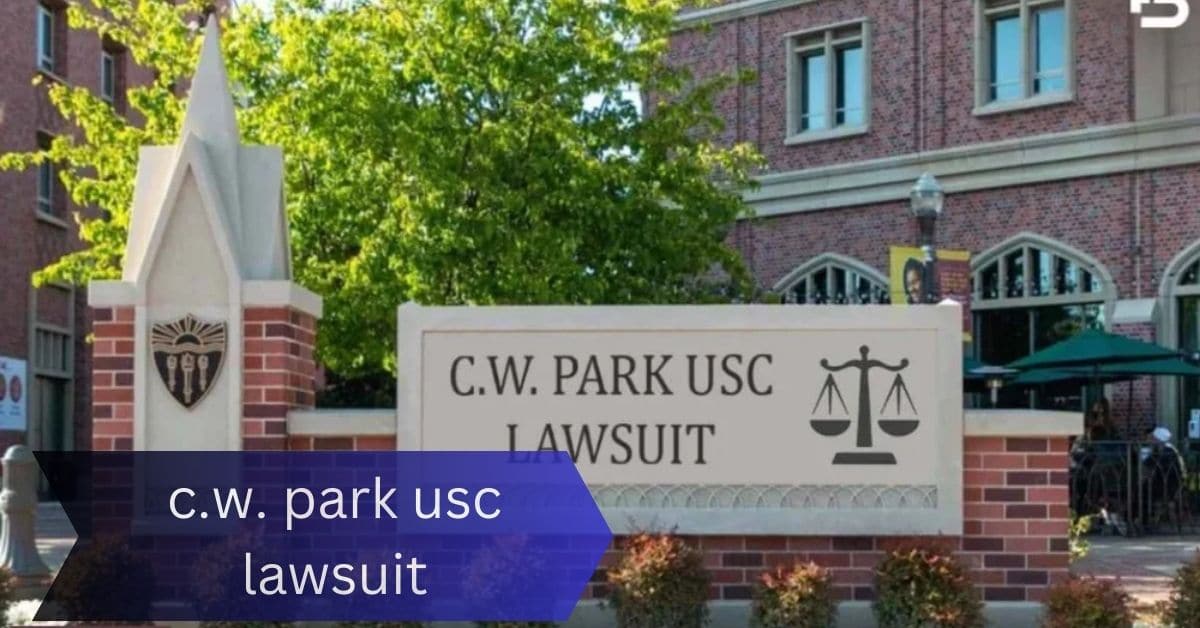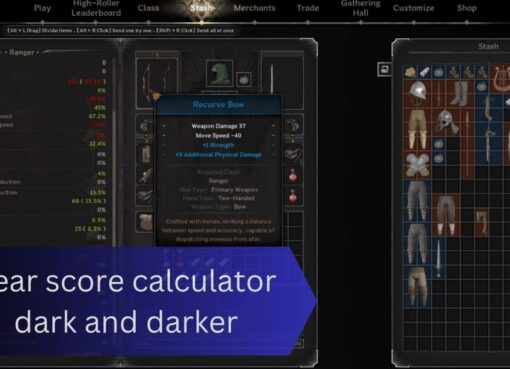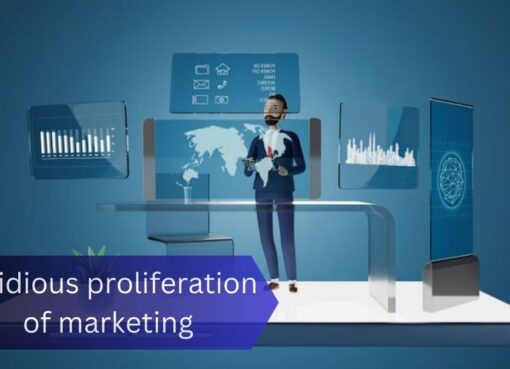The C.W. Park USC Lawsuit – Unveiling the Controversy

In recent years, the intersection of legal battles and institutional accountability has come into sharper focus. One high-profile case that has captured significant attention is the C.W. Park USC lawsuit.
This legal dispute not only involves allegations of misconduct but also raises critical questions about the responsibilities of academic institutions.
This article provides a comprehensive analysis of the lawsuit, including its background, key allegations, legal proceedings, and broader implications.
Background of the C.W. Park USC Lawsuit:
The C.W. Park USC lawsuit centers around allegations that the University of Southern California (USC) failed to take appropriate action regarding the actions of Dr. George Puliafito, a former faculty member.
The lawsuit claims that USC was aware of Puliafito’s drug use and extravagant lifestyle but did not intervene or address these issues adequately.
Overview of the Allegations:
Dr. George Puliafito was a prominent figure at USC, holding a high-ranking position and being well-regarded within the academic community.
However, the lawsuit alleges that USC had knowledge of Puliafito’s problematic behavior, including his drug use and lavish spending, yet chose to ignore or downplay these issues.
This failure to act allegedly contributed to a harmful environment and raised concerns about institutional negligence.
Key Players in the Lawsuit:
- C.W. Park: The plaintiff in the lawsuit, Park, alleges that USC’s negligence and failure to act upon knowledge of Puliafito’s misconduct led to personal and professional harm.
- USC: The University of Southern California, the defendant in the case, is accused of failing to take appropriate action against Puliafito despite being aware of his behavior.
- Dr. George Puliafito: The central figure in the allegations, Puliafito’s actions and lifestyle are at the heart of the lawsuit. His behavior reportedly included drug use and extravagant spending.
Legal Proceedings and Developments:
Initial Filing and Claims:
The lawsuit was initially filed with claims that USC’s inaction regarding Puliafito’s behavior constituted negligence and breach of duty. The plaintiff, C.W. Park, argued that USC’s failure to address known issues contributed to an environment of misconduct and personal harm.
Key Arguments and Evidence:
- Evidence of Misconduct: The lawsuit presented evidence indicating that USC was aware of Puliafito’s drug use and lavish lifestyle. This evidence included internal communications, witness testimonies, and documentation of Puliafito’s behavior.
- Institutional Responsibility: A central argument in the lawsuit is that USC, as an academic institution, had a responsibility to act upon knowledge of misconduct. The plaintiff contends that USC’s failure to address Puliafito’s behavior amounted to negligence and a breach of ethical standards.
Court Rulings and Responses:
As the lawsuit progressed through the legal system, various rulings and responses shaped the case’s trajectory. These included decisions on evidence admissibility, procedural motions, and legal arguments presented by both parties.
- Rulings on Evidence: The court made determinations regarding the admissibility of evidence related to Puliafito’s behavior and USC’s knowledge of his actions.
- Institutional Defense: USC’s defense argued that the university’s actions were within the bounds of legal and ethical standards, contending that it had taken appropriate measures when necessary.
Implications of the Lawsuit:
Impact on USC:
The lawsuit has had significant repercussions for USC, affecting its reputation and raising questions about institutional governance.
The controversy surrounding the case has prompted discussions about how academic institutions handle allegations of misconduct and the measures they take to address such issues.
Broader Legal and Ethical Considerations:
The C.W. Park USC lawsuit also raises broader legal and ethical questions about institutional responsibility. Key issues include the extent of an institution’s duty to act on knowledge of misconduct and the implications of failing to address such issues.
- Institutional Accountability: The case highlights the importance of institutional accountability and the need for clear policies and procedures to address allegations of misconduct.
- Legal Precedents: The lawsuit may set legal precedents regarding the responsibilities of academic institutions and the standards of care expected in handling allegations of misconduct.
Public and Media Reaction:
The public and media have closely followed the developments in the lawsuit, with varying opinions on the case and its implications. The controversy has sparked debates about institutional responsibility, ethics, and the role of academic institutions in addressing misconduct.
Conclusion:
The C.W. Park USC lawsuit represents a complex and multifaceted legal battle that delves into issues of institutional responsibility, ethical conduct, and legal accountability.
As the case continues to unfold, its outcomes may have far-reaching implications for how academic institutions handle allegations of misconduct and uphold ethical standards.
The lawsuit not only sheds light on the specific issues surrounding Dr. George Puliafito and USC but also contributes to broader discussions about the responsibilities of educational institutions in maintaining integrity and addressing misconduct.
Frequently Asked Questions (FAQ’S):
1. What is the C.W. Park USC lawsuit about?
The lawsuit involves allegations that USC failed to take appropriate action regarding Dr. George Puliafito’s drug use and lavish spending, leading to claims of negligence and breach of duty.
2. Who is Dr. George Puliafito?
Dr. George Puliafito was a former faculty member at USC whose behavior, including drug use and extravagant spending, is at the center of the lawsuit.
3. What are the main claims in the lawsuit?
The lawsuit claims that USC was aware of Puliafito’s misconduct but failed to act, contributing to harm and negligence.
4. What evidence is presented in the lawsuit?
Evidence includes internal communications, witness testimonies, and documentation of Puliafito’s behavior and USC’s knowledge of his actions.



Leave a Comment